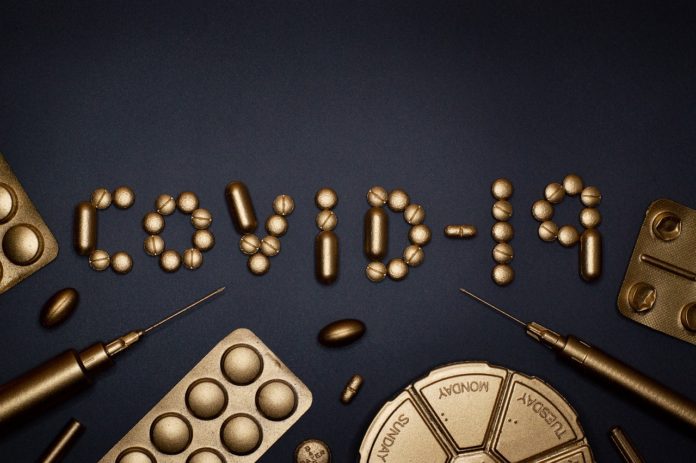The World Health Organisation will no longer assign COVID19 patients to hydroxychloroquine as part of the SOLIDARITY Trial
Even as India continues to use the drug both for treatment of critical patients of Novel Coronavirus Disease (COVID19) and for post exposure prophylaxis, WHO will no longer use hydroxychloroquine (HCQ) on patients as part of the SOLIDARITY Trial.
The decision was taken in an extraordinary meeting of the executive group of the multi country trial on Sunday in light of emerging evidence. In a study in The Lancet last week, researchers concluded: “We were unable to confirm a benefit of hydroxychloroquine or chloroquine, when used alone or with a macrolide, on in-hospital outcomes for COVID-19. Each of these drug regimens was associated with decreased in-hospital survival and an increased frequency of ventricular arrhythmias when used for treatment of COVID-19.”
Last Friday India expanded the list of people eligible for HCQ as a preventive to include frontline workers who are not in healthcare
Another study earlier this month in the BMJ came to a similar conclusion about the efficacy of the drug in treatment of COVID patients. But, it said: “Adverse events were higher in hydroxychloroquine recipients than in non-recipients.” WHO is expected to take a call on whether to resume the HCQ arm or not by the middle of June when it has finished reviewing the available evidence.
For the present while no new patients will be assigned to that arm, those already assigned will complete their treatment.
Last Friday India expanded the list of people eligible for HCQ as a preventive to include frontline workers who are not in healthcare. “Joint Monitoring Group and NTF have now recommended the prophylactic use of HCQ in all asymptomatic healthcare workers involved in containment and treatment of COVID19 and asymptomatic healthcare workers working in non-COVID hospitals/non-COVID areas of COVID hospitals/blocks, asymptomatic frontline workers, such as surveillance workers deployed in containment zones and paramilitary/police personnel involved in COVID-19 related activities and asymptomatic household contacts of laboratory confirmed cases,” reads the revised advisory.
The drug is also a part of clinical management guidelines along with the antibiotic azithromycin.


